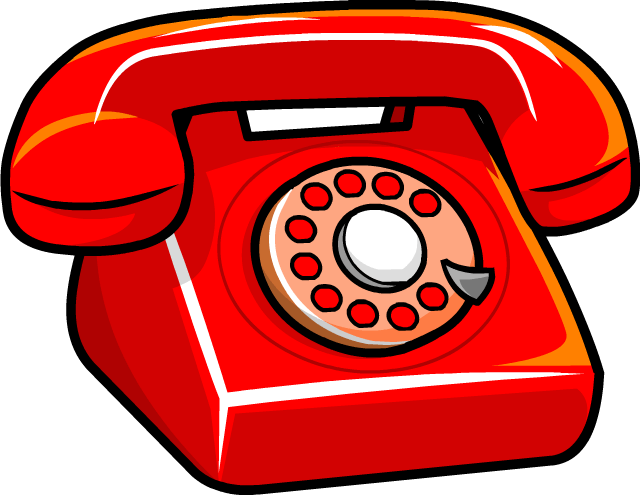
A washing machine is an important household appliance. unfortunately, it tends to be destroyed by a number of items. Here are some of the things that can destroy your unit as given by washer repair professionals:
Zippers
Zippers have a number of ways in which they can
destroy your washing machine. If they are large, they can catch in the wash
machine’s drum, destroying it in the process. Regardless of their size, they
can scratch the doors of the washing machines, giving them an ugly look.
If you have a modern unit that features a glass
panel, the panel can easily explode due to the constant scratching. For you to
avoid damaging your machine, you should always pull away all the zippers that
might be in place.
Bras
They are regarded as delicate and on first look they seem harmless but they are very dangerous. The bras can be rough even on the toughest washing machines. The damage often comes from underwires that damage the drum.
For you to protect your machine from the wrath
of the lady things, you should consider hand washing the pieces. You can also
place the lingerie in a specially-made mesh bag then place them in the washing
machine.
If you don’t have a unique bag, consider using
an old pillow case. Remember to knot it at the end so that the delicates don’t pour
out.
Cold water
When you clean your clothes with cold water you
save a lot of energy, you reduce the shrinking of the clothes, and the fading
of the natural fibers. While this is the case, hot water has been shown to
reduce the efficiency of the machine.
You might get away with cleaning the clothes with cold water for some time, but you will be damaging it over the long run. For you to keep it functioning optimally, you should make a habit of running a maintenance cycle every now and then.
This calls for you to set the washing machine to the hottest temperature then add a cup of vinegar. You should then put the washer through its paces in order to descale and remove any mineral deposits. For you to keep your washing machine in great condition, do this at least once a month.
Coins
Just like zippers, coins batter against the washing machine’s drum and glass door. Since they are heavier, their impact is even severe. For you to protect your washer, make a habit of checking the pockets of all your clothes before you toss them in the washing machine.
If the washing is being done by someone else, remind them to check the pockets when they are doing the laundry.
Too much detergent
You need detergent to clean your clothes but too much of it is harmful. When you use a lot of it, you leave your clothes dingy due to the leftover soap residue. In some cases, the excess detergent has been shown to damage the sensitive control panel.
The right way of doing this is to check the user’s
manual and see the amount of detergent that is optimal for your washing
machine. You should never us more detergent that your machine can handle.
Wet clothes
It’s not uncommon to find people leaving their wet clothes in the washing machine after running a cleaning cycle. This is wrong. This is because it tends to lead to unpleasant odors in the machine.
It has also been shown to lead to the development of mold in both clothes and the washing machine.
Once you are done with your washing, you should remove the finished loads from the machine and put them on the line.
In the event you can’t dry the laundry immediately, place the clothes in a plastic laundry basket. Remember to place the basket in a ventilated area in order to avoid smells and mildew.
Overstuffing the machine
Different washing machines have different capabilities and sizes. Some homeowners want to finish doing their laundry as fast as possible hence they overstuff their machines.
This is wrong as it leads to the machine overworking. Appliance repair Northern VA professionals observe that this also leads to a reduction in the life of the machine.
For you to be on the safe side, you should never
stock your machine more than it can handle.




